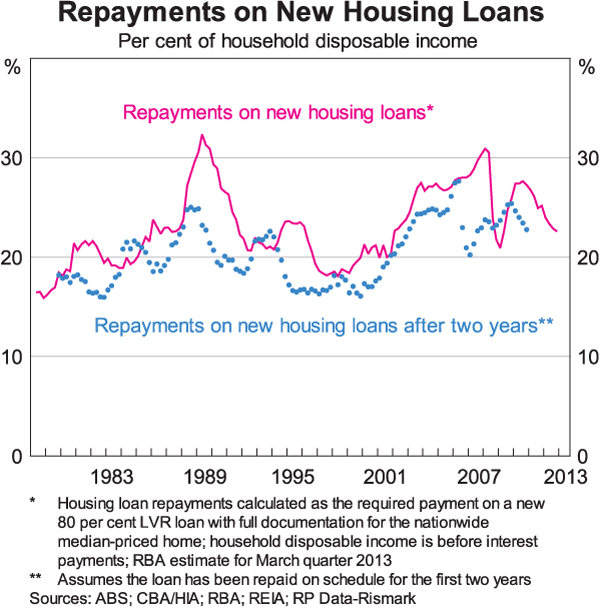Are property markets self-correcting?
The economics textbooks will tell you that markets are self-correcting. Is that true?
When markets becomes overvalued buyers will become scarce and the the market will fall back into equilibrium, say the rule books. And when they are undervalued rational profiteers will buy them back up to their point of fair value.
The tech stock bubble of the late 1990s and early 2000s was a favourite case in point.

A lot of technology stocks, some of which never even made a profit in their entire lifespan, had PE charts that looked something like this.
For a period of time, the market wanted to own anything which was remotely related to technology or the internet and valuations soared.
Even experienced heads said that the rules had changed and you had to be "in to win it".
Companies with no profits were instead valued on number of page views ("price per click") and other strange metrics.
When the bubble burst, the market returned more or less to where it was before the bubble - valuing companies on their earning potential.
Ultimately, an asset or company which has no cash-generating ability has no value. If a company cannot generate profits then eventually it will have to sell its assets to survive and will ultimately be worth zero.
Free markets?
The rule books say that loss-making companies will fail and markets will value companies and assets accordingly.
But do we live in a free market world? Not really. When you stop to consider the news of recent weeks, there are no end of market distortions.
For years, car companies have recent subsidies, Qantas is set to receive a bailout, in the US and the UK we saw banks being bailed out, and so on.
Markets are not free in the textbook sense. We have a minimum wage and wages awards, copyright laws and patents, trade unions, distorting taxes, state-supported monopolies, and, rather importantly for asset price valuations, an inflationary monetary policy.
The answer?
The answer, then is that markets are indeed self-correcting to a point. The economics textbooks are correct, but they are not really talking about the world which we live in. Markets are self-correcting, but only within the existing framework and market distortions.
Australia's big banks will never be allowed to fail, for example. A lot of people don't seem to like that, but the economy could not function without bank liquidity, so the banks receive an implicit guarantee. The cost of that should probably be tighter regulation.
In the traditional free market, struggling companies would be allowed to fail, with the idea that in the long run, the stronger companies will survive and make the economy more efficient.
That's not how the real world is.
Real estate
In a similar fashion, property markets are also distorted by tax incentives and policies such as stamp duty, negative gearing rules, and land taxes.
Markets are also distorted by first home owners grants, land zoning rules and supply constrictions, and a whole range of other factors.
But even within this distorted framework, markets are self-correcting to a point.
If prices become too low, rational profiteers appear and push them back up again.
Periodic corrections are welcomed by governing bodies, but prices which fall continually for years are considered poisonous to economies and intervention becomes likely, in the form of low interest rates or other incentives.
If prices rise too, high, on the other hand, buyers become cautious or even disillusioned, and gradually drift away.
Where is the evidence for this? The RBA has shown that repayments on new housing loans have tended to comprise between a fifth and a third of household incomes for decades.
At times, repayment levels have jumped to over 30% of household disposable income, but that appears to be about as far as Aussies are prepared to go.

Similarly, for all the debate and counter-debate, since home ownership became common after the war, ownership rates have barely shifted. Most people elect to own a home, and some never do, but the ratio hasn't changed a lot.
If anything, the chart is most remarkable for how consistent it has been in a country with a growing population.
The net result of this is home prices tend to rise with incomes over time. You could try to be clever and time the market, but over the past 15 years, there have been crash warnings every year, many of which never eventuated.
However, it remains true that markets are self-correcting to a point.
If the RBA's chart shows that repayments on new loans are starting to fall outside that 20-30% band, this may be a signal that the market may become due to self-correct.
Pete Wargent is the co-founder of AllenWargent property buyers (London, Sydney) and a best-selling author and blogger.His new book 'Four Green Houses and a Red Hotel' was released on 1 September 2013.
